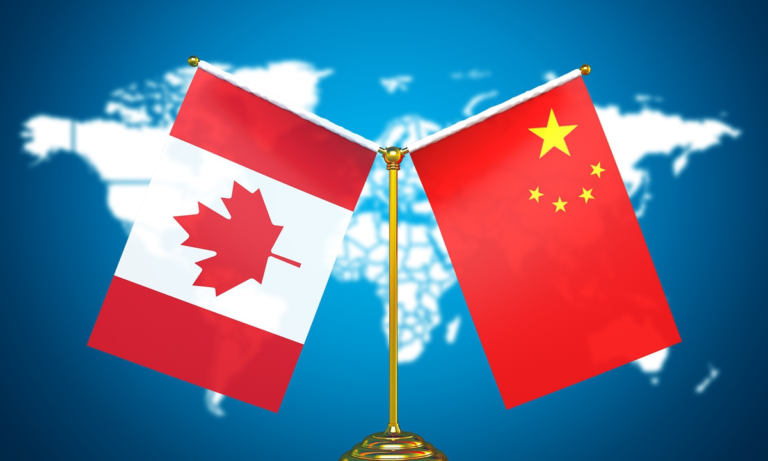
The Australian Parliament’s Joint Committee on Intelligence and Security (PJCIS) is reviewing legislation confirming the reality of an extraordinary, rarely used intelligence capability that has been part of national security law for 22 years: the Australian Security Intelligence Organisation’s compulsory questioning powers. The bill also hones and configures the powers for Australia’s security environment, both current and foreshadowed.
ASIO’s questioning warrants (QWs) require a person to appear before the organisation and answer questions truthfully for the purpose of gathering intelligence—including by detaining that person for up to seven days. They also restrict that person’s ability to alert others to ASIO’s interest or destroy relevant material. Questioning detention warrants (QDWs), on the other hand, allow ASIO to pre-emptively detain a person for questioning.
The bill currently under review, the ASIO Amendment (no. 2) Bill 2025, makes three principal changes. First, it makes the powers permanent, though this will be reviewed by the PJCIS in three years. It also expands their scope beyond the grounds of politically motivated violence, espionage and foreign interference to include all seven of ASIO’s areas (‘heads’) of security. As a result, sabotage, promotion of communal violence, attacks on Australia’s defence system, and protection of territorial and border integrity will also be grounds for QWs and QDWs. Finally, it bolsters associated oversight protections, such as further limiting who can be a prescribed authority overseeing questioning.
These changes raise two key questions: Should the powers be retained permanently? And should the powers apply to all elements of security?
These powers, first instituted in 2003, have often been described publicly as a temporary measure only. However, they have been regularly prolonged—in 2006, then 2014, 2018, 2019, and 2020. Their application has also been expanded, from politically motivated violence alone to include espionage and foreign interference.
The ASIO Amendment Act (no. 1) 2025 again extended the sunsetting date for the powers to March 2027. Otherwise, they would have ceased on 7 September.
The powers are rarely used: according to the public record, ASIO has only requested a compulsory questioning warrant five times since 2006. In 22 years, 20 warrants in total have been sought and issued.
When the powers were introduced, the rationale was that terrorism presented an unprecedented and extraordinary threat to Australia, and that responding required similarly extraordinary powers. The temporary nature of the powers was an acknowledgement of this and ensured passage through the Senate. But as time has passed, it’s become increasingly clear that the adverse security circumstances in question have become the norm as threats facing Australia have broadened and been entrenched.
Importantly, since 2006, the parliament has consistently acted to retain the powers, despite calls for repeal. This demonstrates that, rather than temporary powers, these are de facto permanent powers. Rather than continue to pretend otherwise, their status should be definitively addressed.
That the powers have only been used sparingly does not invalidate them or make them redundant. Rather, they are tools for use in extraordinary circumstances where other means for intelligence collection are inapplicable. This continues to reflect the original argument for the powers, ‘as a measure of last resort’ to be ‘used rarely and only in extreme circumstances’. In addition, authoritative accounts of the use of the powers suggest that ASIO exercises the powers judiciously and sensitively.
The powers will remain subject to a robust warrant regime, even absent a sunset clause. ASIO’s annual reporting regime—mandated by the ASIO Act—requires their use to be reported publicly. This is in addition to public testimony, for example at Senate estimates.
The nature of the security environment and ongoing developments means the compulsory questioning powers should be applicable to a broad range of security threats.
Application to promotion of communal violence—‘activities that are directed to promoting violence between different groups of persons in the Australian community so as to endanger the peace, order or good government of the Commonwealth’—is apt given ongoing attempts by extremists to fracture social cohesion in Australian society. That this has included covert interference efforts by a hostile foreign actor (Iran) underscores the blurred lines between the heads of security.
But it is two other aspects of security that are particularly appropriate to be included within the potential exercise: attacks on Australia’s defence system, and sabotage.
These two security threats are closely related and increasingly pertinent. As I noted last year following Israeli intelligence’s audacious sabotage of Hezbollah’s communications network, sabotage—destroying, damaging or obstructing for military and/or political advantage—is back. This point is only reinforced by ongoing Russia-backed attacks on military capabilities and stores in Europe.
As Australia’s investment in the AUKUS program grows and as the prospect of major power conflict in our region becomes ever more concerning, the implications of this international resurgence in sabotage as a coercive tool—potentially applied to Australia’s often niche and concentrated defence capabilities—are greatly concerning. ASIO being able to respond with the same suite of intelligence collection capabilities that are available against other security threats, including extraordinary powers used only in extraordinary circumstances, will be vital.





